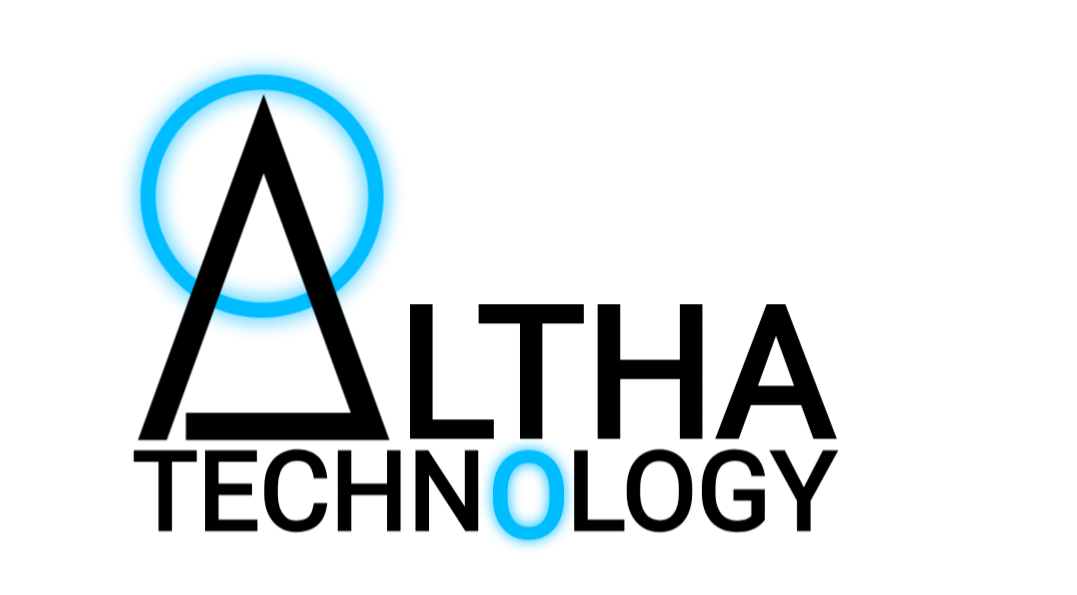Own the Data. Protect the Data. Serve the Data.
Privacy-Focused Web Management, Hosting & Services for Small Businesses and Ministries
Declaration of Digital Sovereignty
Preamble
When in the course of human advancement, it becomes necessary for people to assert their natural and inalienable rights in the digital realm, a decent respect for the freedom and dignity of every person compels us to declare the principles that shall protect them. As our lives, communications, creations, and identities increasingly reside within digital systems, it is essential that the people retain sovereignty over the tools they use, the data they generate, and the knowledge that shapes their world.
Statement of Principles
We hold these truths to be self-evident:
-
That all people are the rightful owners of their digital existence;
-
That privacy is not a privilege granted by institutions, but a natural right inherent to human autonomy;
-
That devices, software, and digital tools, once lawfully obtained, fall under the full stewardship of their users;
-
That technological progress must never be used to diminish liberty, but to expand the capacity of individuals to think, create, connect, and govern themselves.
Rights of the People
To secure these principles, the following rights are affirmed and shall not be infringed:
The Right to Privacy
Individuals shall have the absolute right to control their personal data, including how it is collected, stored, shared, or deleted. Surveillance, whether governmental or corporate, shall not occur without the freely given, informed, and revocable consent of the person.
The Right to Digital Ownership
People have full, irrevocable ownership of the devices, software, and digital goods they lawfully acquire. This includes the right to repair, modify, inspect, and repurpose them without interference or restriction.
The Right to Security and Encryption
Individuals may use any tools necessary to protect their communications and data. Encryption and privacy-preserving technologies shall not be weakened, banned, or undermined.
The Right to Freedom of Use
Every person has the freedom to run any software of their choosing, to access and distribute knowledge, and to participate in the digital commons without arbitrary limitation.
The Right to Transparency
Systems that govern, influence, or mediate digital life—such as algorithms, models, and platforms—must operate with clarity. Individuals retain the right to understand how digital tools affect their decisions, identity, and opportunities.
The Right to Digital Self-Determination
People shall not be reduced to mere data points. They have the right to determine their digital identities, to migrate between platforms, and to retract their presence from systems they no longer consent to.
Grievances and Justification
Whenever institutions—public or private—violate these rights through coercive design, unjust surveillance, exploitative data collection, censorship, or the imposition of artificial technological limits, it is the right of the people to resist, reform, or withdraw their participation. Such actions are not undertaken in hostility, but in defense of freedom, human dignity, and the integrity of our shared digital future.
Declaration
Therefore, we, the people, united in pursuit of digital dignity and autonomy, solemnly publish and declare that individuals everywhere are and ought to be free and sovereign in the digital domain. We commit ourselves to defending these rights, to shaping technologies that respect human agency, and to building a future in which the digital world amplifies rather than erodes our liberty.
In support of this declaration, with firm reliance on the strength of the human spirit and the resolve of a free people, we pledge to uphold these principles for ourselves and for all future generations.
Blog Posts
Governments Migrating from Office 365 and Microsoft
Hey There, I was scrolling through my Mastodon feed and Nextcloud posted an article about how governments and companies are increasingly seeking data sovereignty by using Nextcloud. Thought I would share it here:…
What is a Website Domain?
A website domain is the address of your website that people type into their web browsers to access it. Think of it as the digital equivalent of a street address for your home or business. Just as a home address guides people to your physical location, a domain name…
AI & Censorship
As generative AI matures, it is going to be used to censor inconvenient opinions and truths. We are seeing this in search engines and the chatbots themselves, already. In this post, we will explore the problem a bit and see how we can navigate around these insanely bias…
